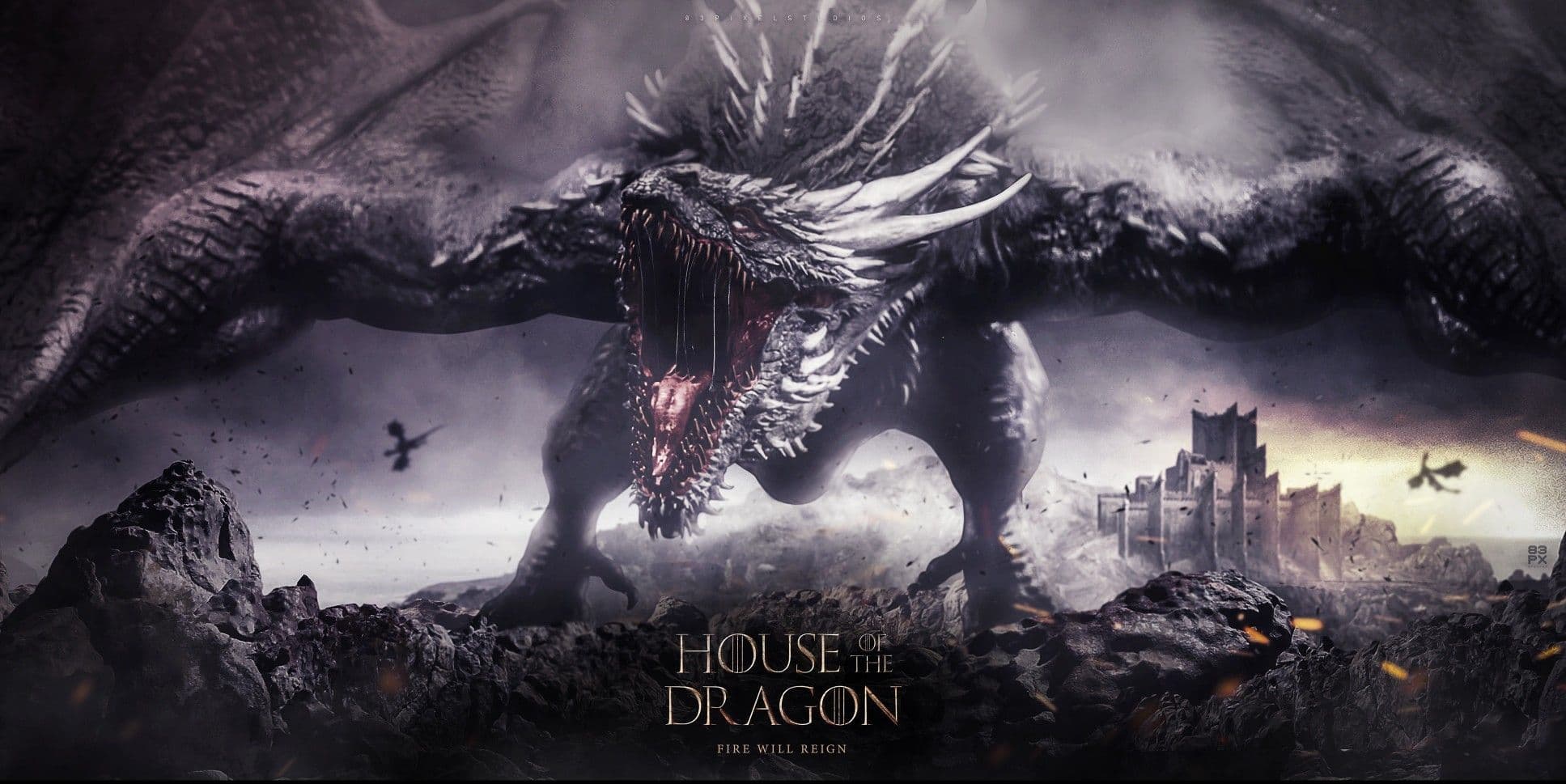
None of the successes HBO has produced have been as successful as “Game of Thrones.” However, “Game of Thrones” came to a disappointing finish in 2019 after critics and viewers disapproved of the fantasy series’ tepid ending (Bran Stark on the Iron Throne? C’mon!).
So what should HBO do? Of course, produce more “Game of Thrones.”
Enter “House of the Dragon,” a prequel that centers on the Targaryen family and takes place nearly 200 years before the events of its predecessor. Although the program may not have seemed like much of a risk before its August premiere, a poor showing might have destroyed the “Game of Thrones” brand faster than a Stark at a royal wedding.
Fortunately, the show opened to HBO records and is currently averaging 29 million viewers per episode across all US platforms, according to the network, which is owned by Warner Bros. Discovery, along with CNN. To put that figure into perspective, “Game of Thrones”‘ seventh season had an episode average of 32.7 million viewers, while its eighth and final season had an episode average of 46 million people.
Since then, the series has not slowed down.
Since episode three, “Dragon” has increased week over week, according to Variety. This includes a 3% boost for the crucial episode six, in which the plot advances by a decade and a number of characters—including the heroine, Princess Rhaenyra Targaryen—are recast.
As “Dragon” nears its conclusion in a few weeks, its early success offers even more opportunities for the Game of Thrones brand, which has persisted in popularity despite leaving a bitter aftertaste over its conclusion.
This is wonderful news for HBO and Warner Bros. Discovery because they will use the brand on several platforms, including traditional TV and the streaming service HBO Max, which is perhaps the most significant part of the company’s broad portfolio.
And for that reason, a second season of the show has already been ordered. In Westeros, there is still a great deal of fire.














Comments